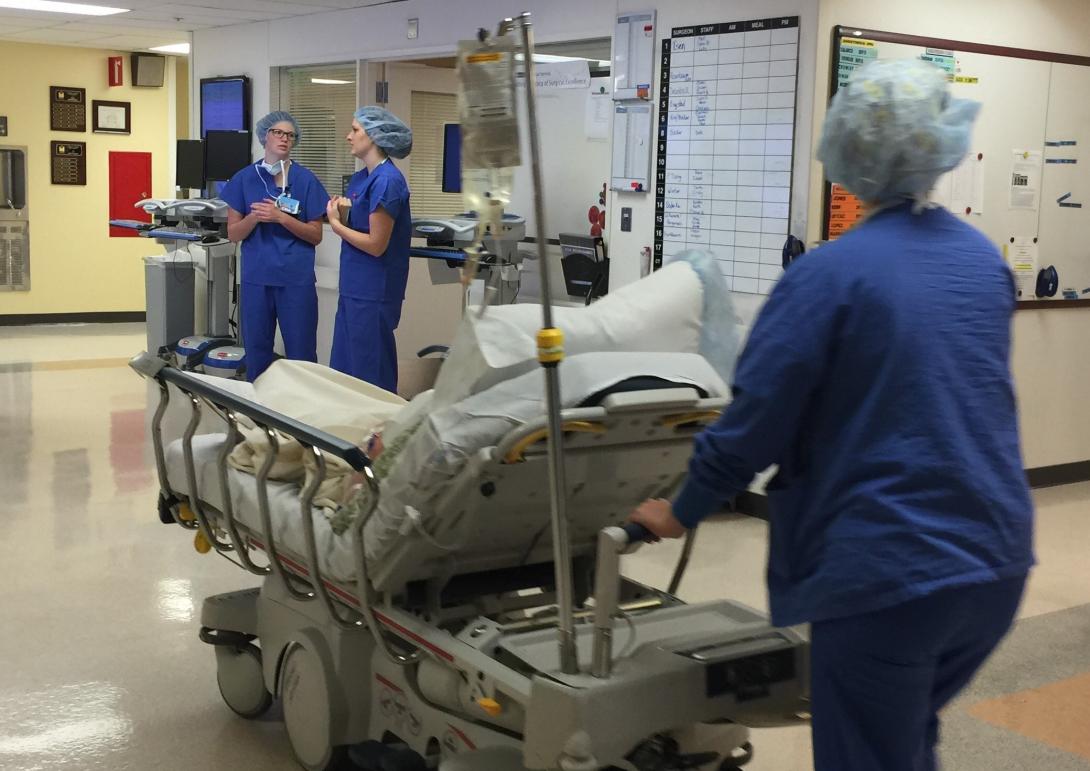Image

SHUTTERSTOCK
Image

SHUTTERSTOCK
Image

Gov. Kate Brown.
|
JAIME VALDEZ/PORTLAND TRIBUNE
Image

SHUTTERSTOCK
Image

Oregon State Capitol in Salem.
|
RENAUDE HATSEDAKIS
Image

SHUTTERSTOCK
Image

SHUTTERSTOCK
Image

Salem Health Salem Hospital.
|
BEN BOTKIN/THE LUND REPORT
Image

Nurses at Legacy Good Samaritan Medical Center in Portland.
|
LYNNE TERRY/THE LUND REPORT
Image

SHUTTERSTOCK

